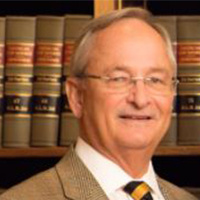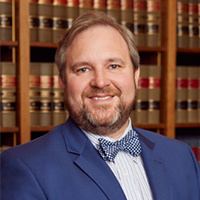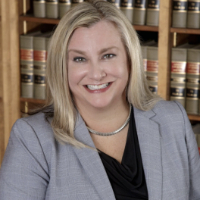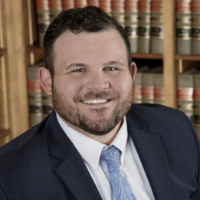Roland Criminal Lawyer, Arkansas
Sponsored Law Firm
-
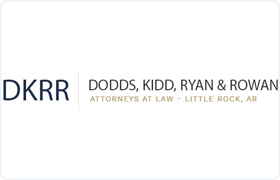 x
x

Click For More Info:
-
Dodds, Kidd, Ryan & Rowan, Attorneys at Law
313 W. 2Nd St. Little Rock, AR 72201» view mapCriminal Defense Unrelenting Pursuit Of Justice
Our lawyers are committed to taking the time to get to know you, your legal concerns and the ideal resolution to your case that will be meaningful to you.
800-936-8091
Robert Alston Newcomb
✓ VERIFIEDMr. Newcomb proudly represents clients in need of Criminal and Employment matters.
Judson Candler Kidd
✓ VERIFIEDI was exposed to law at an early age as my grandfather and father were trial lawyers, grandmother was a court reporter and my uncle was a US Marshall.... (more)
David Wallace Parker
✓ VERIFIEDFormer prosecutor, David Parker, joined Dodds, Kidd, Ryan & Rowan in 2017. After graduating from UALR William H. Bowen School of Law in 2008, David w... (more)
Lucas Zachary Rowan
✓ VERIFIEDLucas Zachary Rowan is a practicing lawyer in the state of Arkansas handling personal injury, criminal and family law matters.
Catherine A. Ryan
✓ VERIFIEDLittle Rock native Catherine Ryan joined Dodds, Kidd & Ryan in 2016 after fourteen years representing injured parties as a trial lawyer in Boston, Mas... (more)
FREE CONSULTATION
CONTACTLloyd W. "Tre" Kitchens
FREE CONSULTATION
CONTACTFREE CONSULTATION
CONTACTFREE CONSULTATION
CONTACT Judson Kidd Little Rock, AR
Judson Kidd Little Rock, AR AboutDodds, Kidd, Ryan & Rowan, Attorneys at Law
AboutDodds, Kidd, Ryan & Rowan, Attorneys at Law Practice AreasExpertise
Practice AreasExpertise
